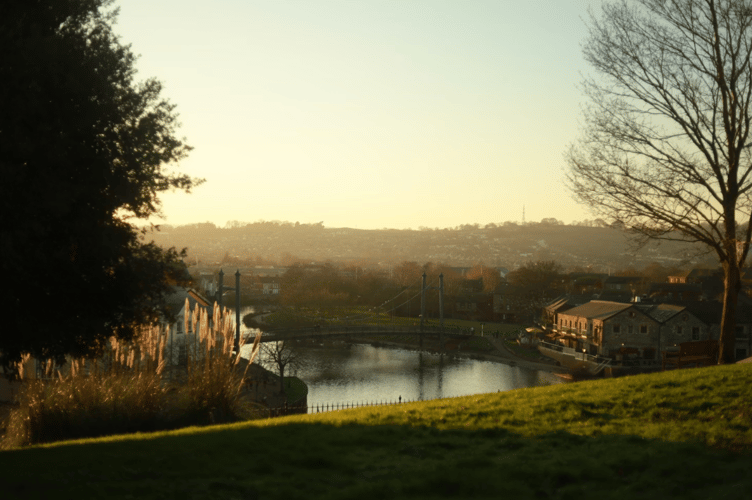EXETER and Plymouth are two cities that don’t always see eye to eye - their two football teams have been rivals for generations, vying to be Devon’s top dog.
But now a bold partnership between ‘Ocean City’ Plymouth and ‘Live Better’ Exeter could pave the way towards the new shape of the county’s local government.
Both Labour-controlled city councils have now signed off on their united support for four unitary authorities to cover Devon when the current system of county, city, unitary and district councils is demolished in 2028.
They want an expanded Exeter, an expanded Plymouth, an expanded Torbay and a fourth authority to take care of the rest. Other councils have very different ideas.

“A joint proposal will add gravitas to any submission we make to government,” said Cllr Peter Holland (Con, St Loyes) during a meeting of Exeter City council’s executive committee.
“It is the most robust and realistic proposal.”
All submissions from Devon’s 11 separate councils must be submitted to the government by tomorrow (November 28), and a decision is expected next summer on the future shape of the county’s new single-tier unitary authorities.
The government says it will end the duplication caused by having so many different layers of local authorities and deliver a streamlined service. Critics say it will create large, remote councils that will struggle to represent local communities.
Exeter’s executive met to put the finishing touches to its plans following a long meeting of the full council the previous evening.

Cllr Laura Wright (Lab, St Thomas) said: “Putting in this submission jointly with Plymouth is something the government was hoping for, and it strengthens their position as well as ours.
“The government was hoping there could be some agreement between the Devonians in charge.”
Cllr Duncan Wood (Lab, Pinhoe) said local people were dissatisfied with the current structure. “People aren’t happy with what they get from Devon County Council,” he said. “They see a schism between different councils. They don’t know who is responsible for what, and there is a lack of transparency from the upper-tier authority.”
Council leader Phil Bialyk (Lab, Exwick) said there were advantages in bringing housing, planning and transport issues under one authority while Cllr Marina Asvachin (Lab, Priory) said Exeter’s preferred set-up would bring benefits for housing and homelessness.
Members of the executive committee voted unanimously to mirror their colleagues in Plymouth and back the four-unitary strategy.

Cllr Bialyk had said before the meeting: “It has become obvious that the interests of Exeter and the rest of Devon will be best served by four councils.
“Devon’s urban areas are the engines of growth for the whole of the county, and this model recognises the unique characteristics of Devon’s urban and rural landscape and communities.
“In Exeter we have cross-party support for our proposals, and we will continue to work closely with town and parish councils and local communities in the surrounding areas to ensure that they are fully empowered by reorganisation.”





Comments
This article has no comments yet. Be the first to leave a comment.